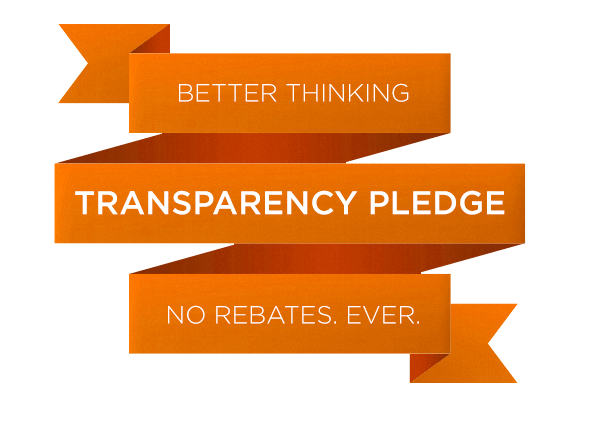Published on
Ad Blockers: The Villain or The White Knight?

Whether you see digital ad blockers as hero or villain can depend on who signs your paycheck, but one reality is clear: publisher advertising revenue is taking a hit from their adoption. A recent report commissioned by Adobe and conducted by PageFair found ad blockers on desktop computers — those web browser add-ons that stop banner ads from appearing on the screen — will cost publishers $22 billion in failed ad delivery this year. All told, 200 million people around the globe, or 7% of online humans, now block digital ads. Digital publishers and marketers are beginning to worry.
At a recent panel addressing ad blocking at Ad: Tech in New York City, one question kept coming up: who is the villain in this scenario? The ad blocker disrupting the prevailing business model? Selfish consumers who expect quality content for free? Or advertisers who have destroyed trust with the consumer by bombarding them with invasive digital advertising tactics? Bob Knorpp, Mediassociates’ director of client development and host of the popular marketing podcast The BeanCast, recently threw the issue to several experts in the field. Here’s what they said:
Nichole Kelly, CEO, Social Media Explorer, took the position there are no bad guys; only a dying business model. “Consumers don’t want to see our ads unless they are highly relevant and targeted,” she said, “and they are willing to risk losing those targeted ads just to prevent the untargeted ad.”
Bob Knorpp challenged the notion that ad blockers are just savvy businesspeople meeting a need in the marketplace, “AdBlocker the company is literally extorting money. They will whitelist you as an advertiser if you pay a little money. So, even their customers aren’t getting true ad blocking.”
“Should we have the authority to block ads? Probably not,” said David Burn, content consultant, Bonehook, “since that’s how businesses make money. We crave all this content and no one is saying remove the content, just remove the ad. But no one is asking how are these 72 people earning a living through creating this content going to earn a living next year.”
George Parker, publisher of Adscam, wants to know where the consumer’s sense of entitlement to free content came from. “For years and years, people were prepared to see ads on TV,” he said. “Why are you not prepared to accept it on your mobile device?”
Director of non-traditional advertising at Hubba, Saul Colt, believes consumer feel “…when it’s online, on my computer, it belongs to me for free and I shouldn’t have to pay for it or see ads. And that’s a ludicrous assumption that needs to be rectified.”
While the conversation didn’t end with the discovery of magic beans that will solve the problem, there was some agreement around the point that, although not villains, advertisers have to accept their share of the blame for inundating people with bad experiences and disruptive tactics. As Bob said, “we’ve betrayed their trust. Ad blocking is the result.”

